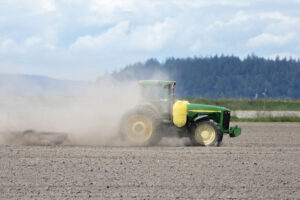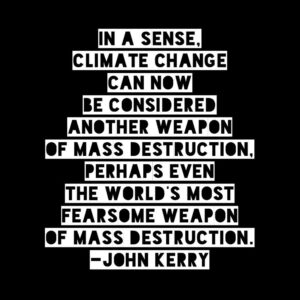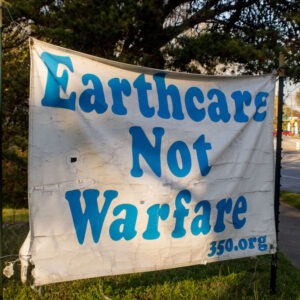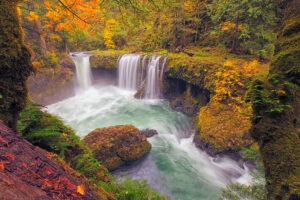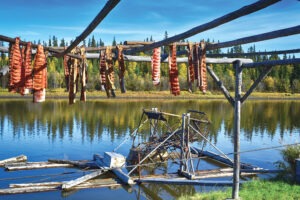June 20, 2016; Washington Post
In the manner of public hangings, the murders of environmental activists in Latin America and elsewhere are aimed not only at silencing the person but terrifying those who might consider taking their place.
NPQ has too often written about the murders of indigenous environmental activists, with the latest story being about the shooting death of Berta Cáceres who was killed as she slept in a friend’s house in Honduras.
A report from nonprofit watchdog Global Witness, the aptly named “On Dangerous Ground,” reveals that 2015 was the most deadly to date for those seeking to protect their land, water, and forests from activities that would cause damage. There were 185 recorded murders, a 60 percent increase over 2014. This means environmental activists are at twice the risk of journalists, with an average of three dying each week, largely though hardly exclusively in Latin America.
And these shocking numbers are likely only the tip of the iceberg according to Billy Kyte, the report’s author and a researcher for Global Witness. Kyte says that in many nations, slayings are not reported despite the fact that they are often brutal and carried out in front of friends or family as a threat. From the report:
The family of Michelle Campos were among those killed. In September 2015, her father and grandfather were executed in full view of their family and friends in an attack that drove 3,000 indigenous people from their homes. Rich in coal, nickel and gold, their region of Mindanao in the Philippines is one of the most dangerous in the world for land and environmental activists, with 25 deaths in 2015 alone.
As can be seen in the chart below, far and away the most were killed in three countries: Brazil, the Philippines, and Colombia. The issue that posed the most risk was mineral-mining operations, but others included logging and dam-building.
Sign up for our free newsletters
Subscribe to NPQ's newsletters to have our top stories delivered directly to your inbox.
By signing up, you agree to our privacy policy and terms of use, and to receive messages from NPQ and our partners.

Global Witness is calling on governments in affected countries to urgently intervene to:
Increase protection for land and environmental activists at risk of violence, intimidation, or threats
Investigate crimes, including their corporate and political masterminds as well as the triggermen, and bring perpetrators to justice
Support activists’ right to say no to projects on their land and ensure that companies are proactively seeking their consent
Resolve the underlying causes of violence against defenders by formally recognizing communities’ rights to their land and tackling the corruption and illegalities that blight natural resource sectors
—Ruth McCambridge


